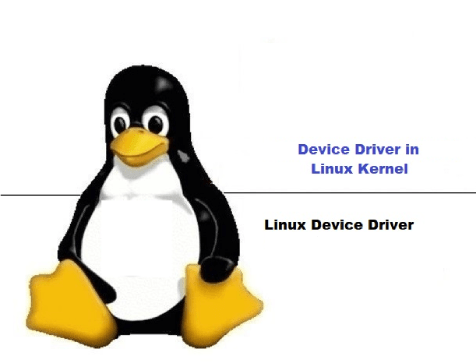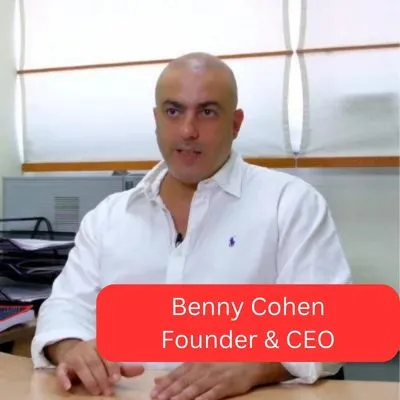
We use a standard Linux distribution (e.g., Ubuntu) with the necessary development tools. Detailed setup instructions are provided.


Linux Kernel and Device Drivers Course
The Linux Kernel and Device Drivers course is designed to provide you with in-depth knowledge and hands-on skills for developing kernel modules and device drivers for the Linux operating system. Linux's open-source nature and widespread use in embedded systems, servers, and consumer devices make these skills highly valuable in today's technology landscape.
Key aspects of Linux Kernel and Device Driver development covered in our course include:By completing this Linux Kernel and Device Drivers course, you'll be well-equipped to contribute to Linux kernel development and create custom drivers for various hardware devices.
Ch. 1
Linux Kernel overview- Main characteristics
Ch. 2
Kernel Basic data structures
Ch. 3
Scheduling in Linux
Ch. 4
Developing Kernel Modules
Ch. 5
Character Device Drivers as LKMs
Ch. 6
Pin Control and GPIO Subsystem
Ch. 7
Kernel object model
Ch. 8
Sysfs Devices/buses/drivers/subsystems
Ch. 9
Udev
Ch. 10
Memory management
Ch. 11
Platform Device Drivers
Ch. 12
Linux Device Tree
Ch. 13
I/O memory and ports
Ch. 14
Wait Queues
Ch. 15
Interrupts and Exceptions
Ch. 16
Work deferring mechanism
Ch. 17
Kernel Synchronization
Ch. 18
I2C Client Drivers
Ch. 19
SPI Device Drivers
Ch. 20
IIC frame work

Benny Cohen
Embedded Academy Founder and CEO
As a long-time veteran in the technology industry, Benny Cohen combines a deep passion for technology with extensive field experience. With a B.Sc. in Electronics Engineering and an M.Sc. in Communication Engineering, he has spent over 20 years developing software and hardware systems, including the last few years focusing on the cybersecurity industry. In addition to his role as the company founder & CEO, Benny also operates as a hands-on practitioner who specializes in penetration testing and has conducted significant security assessments for leading enterprises and security companies worldwide. His approachable teaching style and real-world expertise make learning both engaging and relevant.
We use a standard Linux distribution (e.g., Ubuntu) with the necessary development tools. Detailed setup instructions are provided.
This is an advanced course. We recommend having solid Linux usage and C programming experience before enrolling.
We emphasize practical, hands-on coding and debugging, simulating real-world kernel development scenarios.
While it provides a strong foundation, becoming a kernel maintainer typically requires extensive experience and community involvement beyond this course.
We regularly update our content to reflect recent stable kernel releases and current development practices.
We cover general principles and common hardware interfaces. For very specialized hardware, additional learning may be required.
News, insights, and learning resources from Embedded Academy
